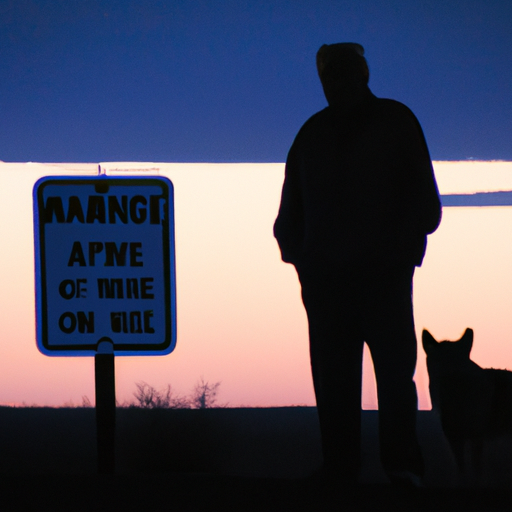As a nation of dog lovers, the safety of our pets is paramount. Recently, an increasing concern for pet owners in the United States has been the potential threat of coyote attacks. This article will delve into the details of how often coyotes attack dogs, why it happens, and how to best protect your furry friend.
Table of Contents
- Understanding the Coyote
- Coyote Attacks on Dogs: The Statistics
- Why Do Coyotes Attack Dogs?
- How to Protect Your Dog from Coyotes
- Frequently Asked Questions
Did you know? Coyotes are found in every state of the US, except Hawaii.
Understanding the Coyote
Coyotes are highly adaptable creatures, capable of thriving in various habitats, including urban and suburban environments. They are opportunistic omnivores, meaning they eat a wide variety of food based on availability. As coyote populations have grown and their habitats have expanded, interactions with humans and pets have inevitably increased.
Here are some surprising facts about coyotes:
– Coyotes are more active during the night.
– They are incredibly adaptable and have been spotted in every type of habitat, including city centers.
– Coyotes communicate using a range of vocalizations, including howls, yips, and barks.
In a fascinating article on OneTopDog, you can learn more about the fascinating world of coyotes and their behaviors.
Coyote Attacks on Dogs: The Statistics
Understanding the frequency of coyote attacks on dogs requires analyzing data. While exact numbers are hard to find due to underreporting, a study from Stanford University suggests that coyote attacks on dogs are relatively rare but have been increasing over the years, particularly in urban areas where coyotes have expanded their territory. According to the study, smaller dog breeds are more likely to be targeted.
Why Do Coyotes Attack Dogs?
Coyotes are primarily wild animals, and their interactions with dogs are often influenced by a host of factors, including the availability of food, the size of the dog, and the behavior of both the dog and the coyote. In some cases, coyotes attack dogs when they feel threatened or if they are defending their territory or a food source.
In addition, the breeding season (which typically occurs between January and March) can lead to increased aggression as coyotes defend their mates and offspring.
How to Protect Your Dog from Coyotes
Here are some important steps you can take to protect your dog from potential coyote attacks:
- Never leave your dog unattended outdoors, especially at dawn, dusk, and night, when coyotes are most active.
- Keep your dog on a leash, especially in areas known for coyote sightings.
- Install a coyote-proof fence around your yard.
- Do not leave pet food outside as it can attract coyotes.
- Consider investing in protective gear. Some companies have developed vests and collars designed to protect dogs from coyote attacks.
By following these simple steps, you can significantly reduce the risk of a coyote encounter.
For more tips on protecting your pet, check out this OneTopDog article on keeping your dog safe.
Frequently Asked Questions
1. Are certain breeds or sizes of dogs more likely to be attacked by coyotes?
Yes, smaller breeds are more likely to be targeted by coyotes. However, any dog can become a target, especially if it is unattended, unleashed, or in an area known for coyote activity.
2. What should I do if I see a coyote near my home?
If you see a coyote near your home, do not attempt to approach it. Instead, make loud noises to scare it away. Ensure your pets are indoors and report the sighting to your local animal control agency.
3. Can I train my dog to defend itself against a coyote?
While some dog breeds have a natural instinct to defend themselves, it is not advisable to train your dog to fight a coyote. Instead, focus on prevention methods such as keeping your dog leashed and supervised.
In conclusion, while coyote attacks on dogs are relatively rare, they are a serious concern for pet owners, particularly those living in areas where coyotes are prevalent. By understanding the behaviors and habits of coyotes and taking preventive measures, we can help ensure the safety of our beloved pets.
For more insights on ensuring your dog’s safety, you can read this comprehensive guide on dog safety and health on OneTopDog.



